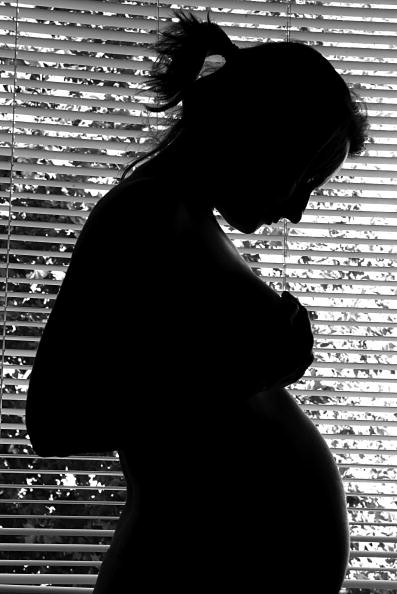
It looks like the sage advice of "eating for two" is detrimental to the mother's health as it increases the risk of gestational diabetes.
It's advisable for pregnant women, especially those who are already underweight, to put on more weight, so they can properly support their growing belly and baby. However, Diabetes UK warns about overdoing it. Rather, pregnant women still need to continue taking care of their diet and exercising if they too want to remain healthy throughout their journey.
In previous studies, they showed that pregnant women who became overweight or obese were more likely to give birth to equally overweight and obese babies. Further, these children had a much higher chance of struggling with obesity or being diagnosed with diabetes later in life.
Gestational diabetes is a kind of diabetes that occurs during pregnancy and is characterized by an elevated level of glucose in the blood. The condition is an added concern for mothers who already have to the task of making sure their baby is born healthy.
Many women with gestational diabetes are able to deliver their babies without issues, and often, the condition slowly disappears as the mother goes back to her regular diet and exercise. However, complications are still possible. These include pre-term birth and respiratory distress syndrome among babies, in which they will have some difficulty breathing properly.
Pregnant women with uncontrolled diabetes can also develop obstructive sleep apnea, wherein she experiences momentary stoppage of proper breathing while asleep. Moreover, gestational diabetes can increase blood pressure, which may then lead to preeclampsia, a life-threatening condition for both the baby and the mother. Some of its symptoms include changes in vision, retention of fluid, dizziness, nausea, and vomiting, severe headaches, and reflex changes.
Preeclampsia may result to insufficient blood flow to the placenta, which may cause pre-term birth and slow growth and development of the baby. Pregnant women may also undergo placental abruption characterized by heavy bleeding.

